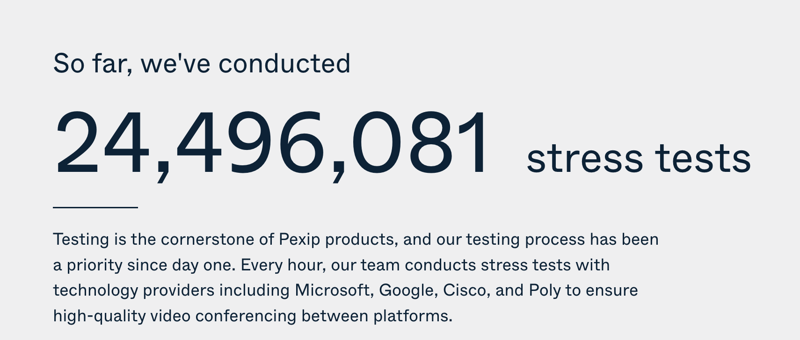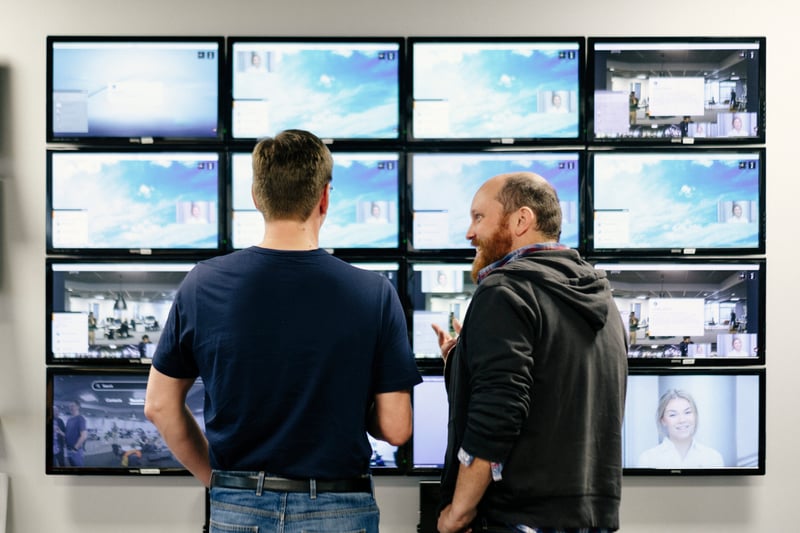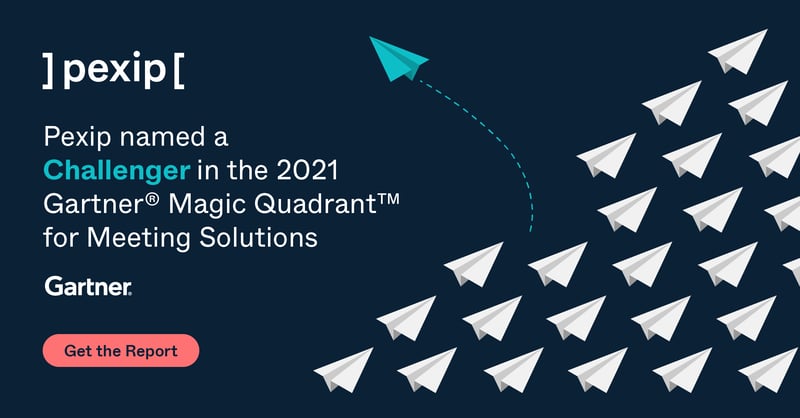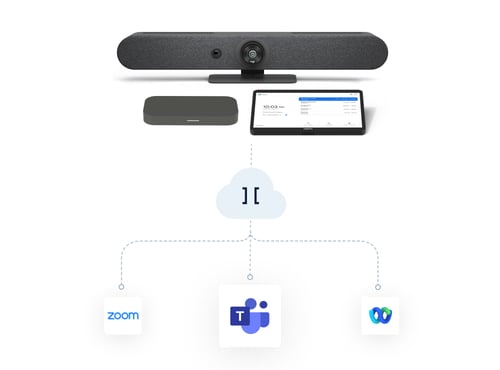An insider's look into the ‘fail fast, learn faster’ tech testing system and team culture behind a rising video collaboration technology giant.
When we founded Pexip, one of the first decisions we made was to focus on the design of our testing system even more than the technology itself.
Once we began building the Pexip technology, we needed a real-time testing environment that we could learn from every day.
Instead of waiting three months for completed iterations, we created a system that would run nightly tests so that when our staff (of 12 back in 2012) arrived in the morning, they could fix any problems and keep moving forward.
Our testing system now runs 24 hours a day, seven days a week, so we’ve conducted more than 21 million tests since day one.
Knowing what didn’t work quickly allowed us to build an incredibly reliable product, and allowed us to bring valuable technology to our customers, faster. It still does. I believe the same mentality can be applied to your people and your organizational culture.

Powering product: Every hour, our team conducts stress tests with technology providers, including Microsoft, Google, Cisco, and Poly, to ensure high-quality video conferencing between platforms. Above is a screenshot of our LIVE test counter (taken on 18 November 2021).
What is the “fail fast” approach?
Whether you call it to test and learn, fail fast, fail better, or agile development, this approach requires a culture where the team has the freedom to fail and learn something, empowering them to succeed faster the next time.
Self-motivated learning is a big part of agile collaboration. So is human connection. We wanted our testing system to constantly learn, test, try, and put up flags when something wasn’t working so people could jump in and help. We want the same thing from our team -- especially as we now approach 500 team members.
As Challengers in the Gartner Magic Quadrant, we want our people to try things that might not work. To develop new theories that go into unexplored territory. To question everything. To fail often. To blaze a trail.
That’s part of our company values of ‘Freedom and Responsibility.’ As Seth Godin puts it, it’s part of working in a test kitchen rather than a Michelin restaurant, as Seth Godin puts it. It’s what underpins digital transformation and progress.
Progress is the nature of business. In physics, an object at rest will stay at rest. In business, resting, stopping, analysis paralysis of any kind, inertia can mean the end of progress, creativity, innovation, and bravery. That’s why we’re not stopping.
Fear should be a tool, not a blocker
Fear of failure is a construct often perpetuated when people blame themselves. They worry about doing something wrong, looking foolish, or not meeting expectations.
It’s understandable to have that fear. Many of us have worked or been taught in environments where if we make a mistake, that’s it: pack up your stuff, off you go. That’s not an exceptionally safe environment; it doesn’t encourage learning.
Especially when we’ve all been through such tumultuous change, working from home through periods of lockdown over the last two years, there’s a big temptation to combat the fear of failure by not doing much. By not rocking the boat. By not putting ourselves out there.
There might also be a fear of change itself. We have already changed so much, harnessing online collaboration technology to adapt to challenging circumstances. If things are working, why should we change anything if we might fail? Why should things not go back to the way they were? Do we have to push forward into a “next new normal”?
We have to start moving forward again to discover what has changed and what has not, despite the fear.
At Pexip, we as leaders foster the feeling that we’re here to adapt and collaborate and connect, just like we’re helping our customers to do. If we fail, we brush ourselves off and move on. We don’t dwell. We ask for help, flag our mistakes, and take another step forward.
Fear is allowed. Fear makes us human. Fear means we care about the outcome. But it’s through this constant learning, collaboration, and sense of togetherness, that we can continue to grow and evolve.
Adaptable collaboration between people and systems
The testing system for Pexip’s technology allows us to wake up in the morning and know exactly what needs to be done, and usually, how to do it. This kind of guidance is incredibly valuable for technology development that is both rapid and solid.
Regarding people, culture offers guidance and a framework that encourages our team. If we connect at the right level, we can learn from each other’s mistakes and successes. We find purpose and motivation in our team, values, and mission.
We take the initiative because our team is there to help, not punish. And the diversity of thought makes us stronger: we are a broad spectrum of people learning and adapting in new ways, all contributing to the team and towards a common goal.
It’s fantastic when you have the suitable systems and the right people, both driven by the right mindset. There will always be challenges, problems, mistakes, and fear because that’s also part of being human. But those problems won’t stop us.

We’re hungry to get a little better daily, so we keep moving forward.
In both our culture and our technology, we deploy the principles of constant testing and learning and create adaptable, agile collaboration between people and systems - and that is a big part of why I get out of bed every day.
To learn more about Pexip, get in touch today.

.png?width=700&name=shutterstock_2179965709-min(1).png)




